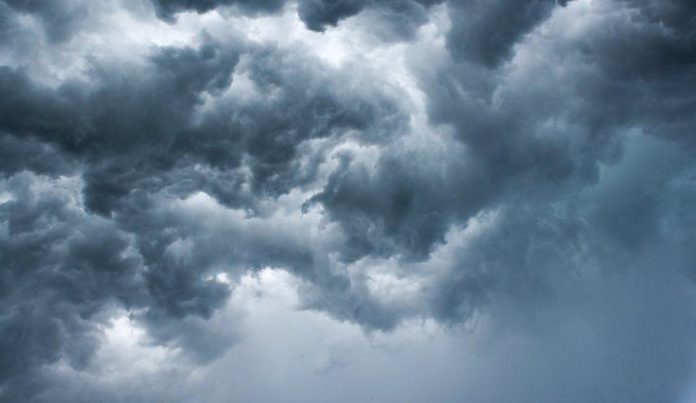Iranian Scientists Seed Clouds Using Nanoparticles

According to Dr Mohammad Joghataie, a faculty member of physics department at
Yazd University, the nanomaterials synthesised and tested at Yazd University are
low-cost nanoscale materials that are produced with domestic materials and
create the same effect as ice crystals.
These materials do not have adverse environmental effects when used in seeding
of the clouds. Materials used in clouds seeding and defogging have the same
structure.
"Many of our airports, such as Mashhad, Ardabil, Tabriz, Hamedan, etc., are
facing cold fog problem. we can use this material to launch defogging at an
effective distance from the airport. We also have more than 285 mountain passes
in Iran that are foggy and we can use this technology there,” added Joghataie.
So far, such a project has not been carried out inside the country and graphene
particles have not been used for cloud seeding and defogging, he noted.
These days, many countries in the world are involved with drought and lack of
water resources, and in order to resolve the problem, they have gone through
various technologies to have more rainfall and have access to new water
resources.
Reports say one-third of the global population live under conditions of severe
water scarcity at least 1 month of the year. Half a billion people in the world
face severe water scarcity all year round. Half of the world’s largest cities
also experience water scarcity.
Source:IFP
















